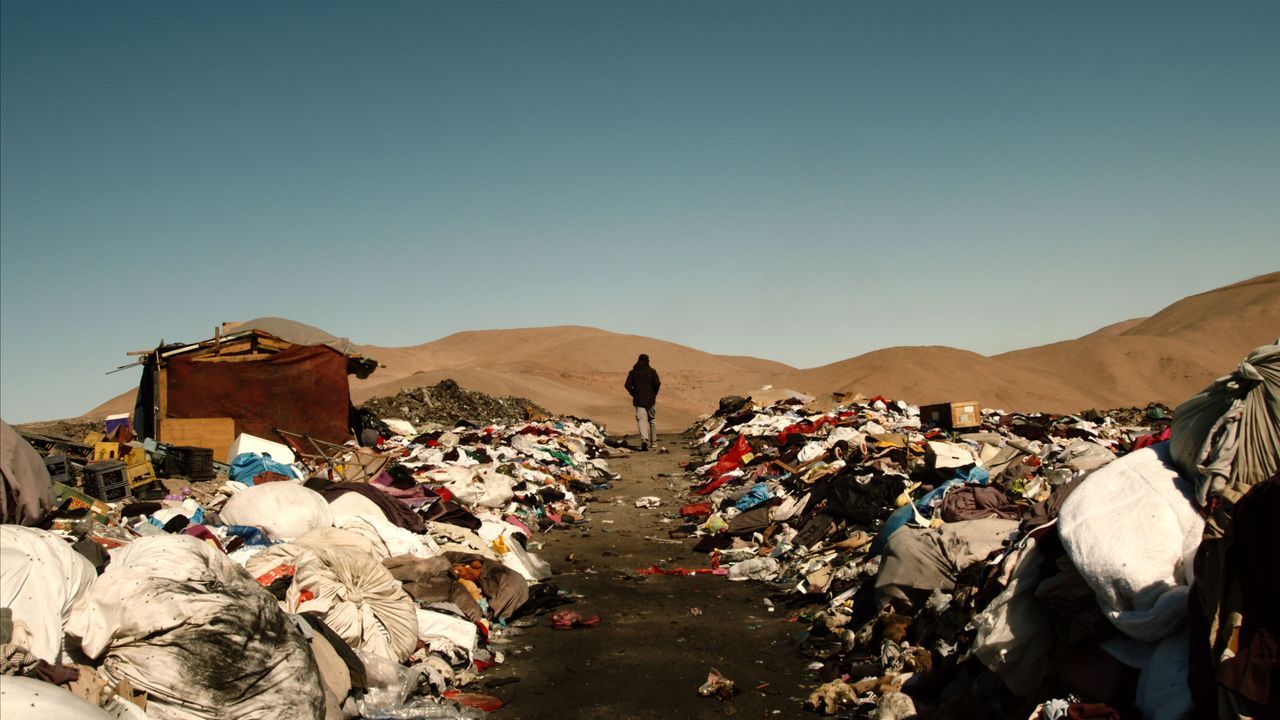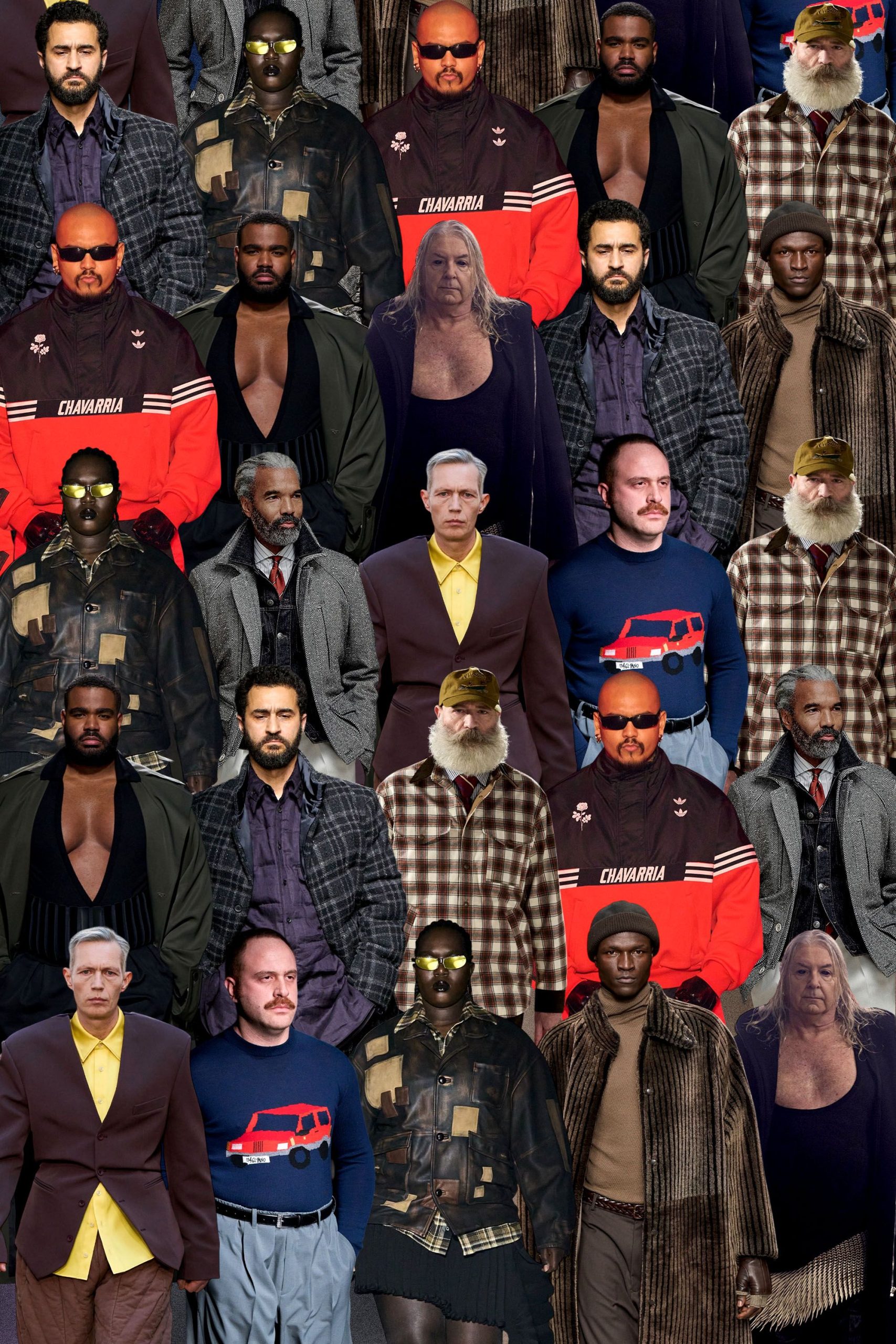
London Fashion Week will become the first of the ‘big four’ to introduce sustainability requirements for brands that are part of the Newgen incubation scheme.
On Monday, the British Fashion Council (BFC) announced that it is adopting the framework that Copenhagen Fashion Week first announced in 2019 and fully implemented from Autumn/Winter 2023. Copenhagen’s minimum standards include having a formal ESG strategy and diversity and inclusion policy for hiring, using preferred materials, and removing single-use props for fashion shows (strategy and hiring expectations are adjusted depending on the size of the brand).
The BFC’s minimum requirements will be piloted throughout 2025 with brands that are part of Newgen. The talent initiative already has mandatory sustainability criteria for brands to be admitted. Full implementation will follow for all Newgen brands showing from January 2026, and after that the BFC will work on building out a plan for further implementation across the LFW schedule.
“We are thrilled to align with the Copenhagen Fashion Week Sustainability Requirements across BFC Newgen, which builds on our existing minimum standards and reaffirms our commitment to driving positive change across the global fashion industry,” said outgoing BFC CEO Caroline Rush in a statement. “This partnership is a significant step in ensuring that sustainability becomes integral to the future of fashion. Together, we are creating a framework that empowers emerging designer fashion businesses to lead the way and contribute tangibly to a more sustainable and responsible industry.”
The requirements are part of the BFC’s ongoing work through its sustainability-focused think tank Institute of Positive Fashion (IPF), which launched in 2020. In November 2024, LFW also became the first of the big four fashion weeks to ban the use of exotic skins such as crocodile and snake (Copenhagen banned exotics in March 2024).
Designers in London tend to be smaller and less established than the luxury giants in Paris and Milan, which arguably makes it easier to enforce sustainability criteria; the independent brands in London may also find it easier to adapt their working practices to meet them. The sustainability requirements could be an opportunity for the city’s designers to stand out on the global stage by demonstrating the forward-thinking practices that are required to drive change in the industry.






